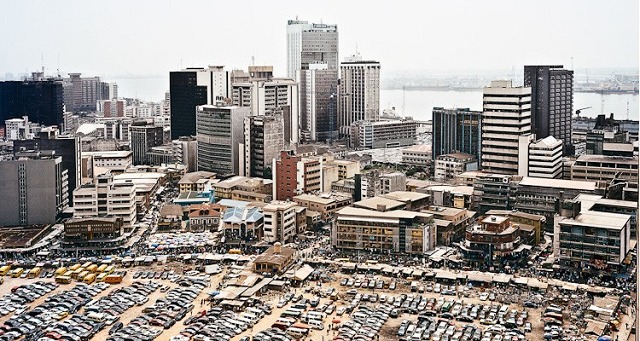The year 2020 was an unusual year. It was filled with lots of surprises, to say the least. One that the world will never forget is the COVID-19 pandemic.
In January 2020, the World Health Organisation (WHO) declared the COVID-19 outbreak a public health emergency, and a pandemic in March.
On the 27th of February, the first case of corona virus was recorded in
Nigeria, after which the virus started spreading like wildfire.
To curtail its spread and adverse effects on the health, the Nigerian government imposed a lockdown first in Lagos, Ogun, and Abuja, and later extended it to some other states of the federation.
READ ALSO: Nigeria’s Daily COVID-19 Figure Reaches New High
Events, air travel, interstate movements and religious gatherings were banned. Markets were allowed to open for limited hours. Essential services like hospitals and pharmaceuticals were also allowed to operate with health and safety measures in place.
One of the most obvious effects of the pandemic in Nigeria is that it resulted in job loss, skyrocketing the already alarming rate of unemployment in the country.
Before the outbreak of the virus, Nigeria’s unemployment rate was at 23.1%, while underemployment data was at 16%, according to a 2018 report by the National Bureau of Statistics.
Also, the Nigerian Economic Sustainability Committee (NESC) recently projected 39.4 million job losses by December 2020 due to the pandemic. It is likely the numbers are higher than this, as virtually every industry is affected by the pandemic.
It is also worthy of note that the high job loss rate may worsen Nigeria’s position in the world poverty ranking, which is currently at the 3rd position, according to Leonidas Tezapsidis, head of the delegation of the European Commission to Nigeria.
Another adverse effect of the lockdown is that it resulted in an increase in the price of food items. This is due to poor transportation network caused by the restriction of movements; poor access to agricultural materials such as seedlings, fertilizers; lack of access to loans; and so on.
Many households resorted to reducing their food consumption as an adaptation strategy. Added to the problem is panic buying; a habit that consumers indulged in during the lockdown in order to
have enough supply of food at home.
The pandemic also affected MSMEs. Many Nigerian micro, small and medium scale enterprises are still struggling to stay afloat, while some couldn’t even survive the economic hardship caused by the lockdown.
Although, there are government intervention programmes targeted at SMEs such as Development Bank of Nigeria Loans, CBN Creative Industry Fund, amongst others.
More still needs to be done. In conclusion, the COVID-19 pandemic has birthed economic uncertainties with projections of economic recession by economic analysts.
Many investors have restrained from committing to any business in Nigeria as a result. Though the lockdown was relaxed in May, another lockdown may be inevitable due to the daily increase in the number of infected persons globally.
It is important for businesses and the government to map out strategies to stay resilient in the midst of the uncertainties that cripple the Nigerian economy.












